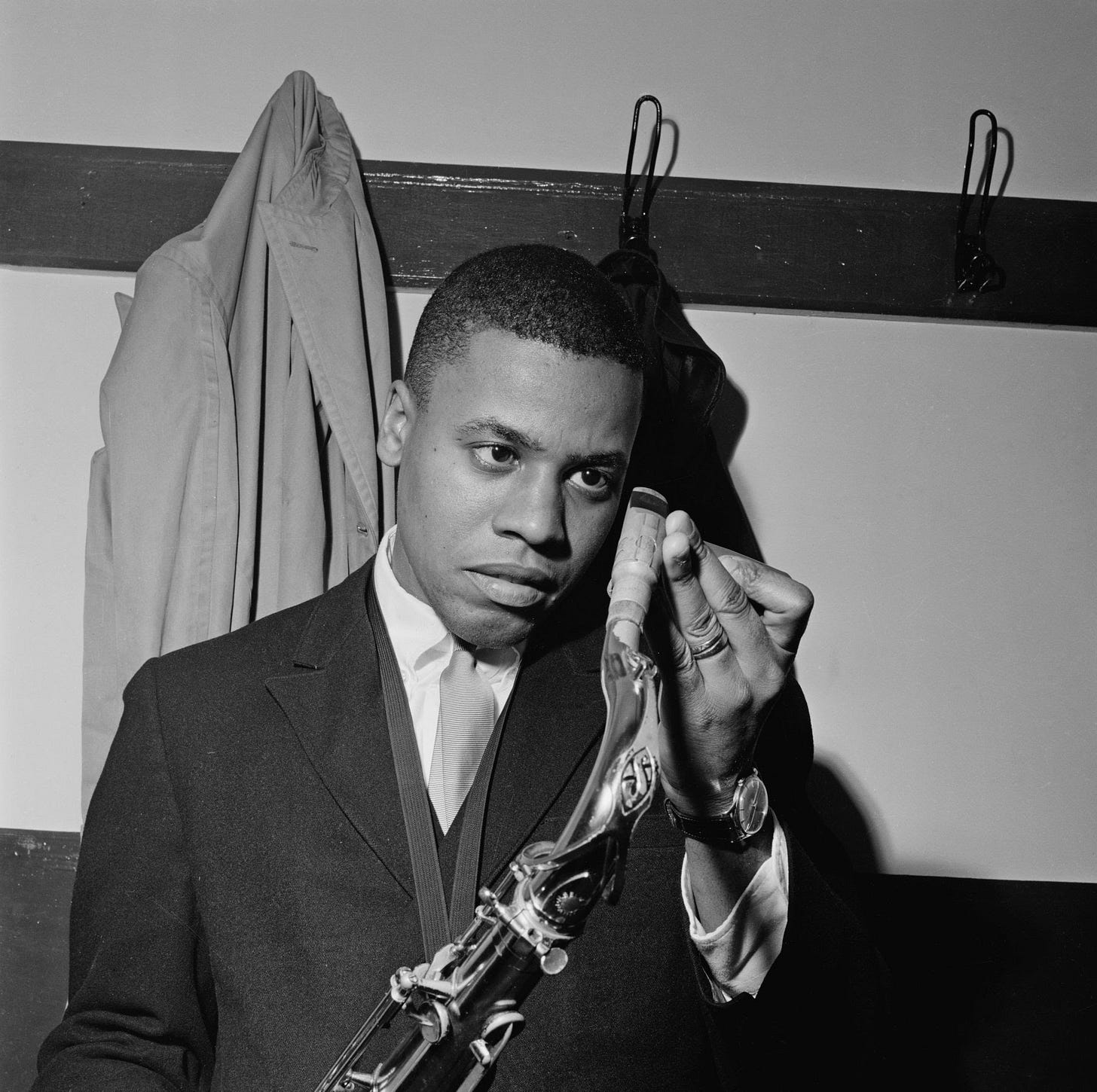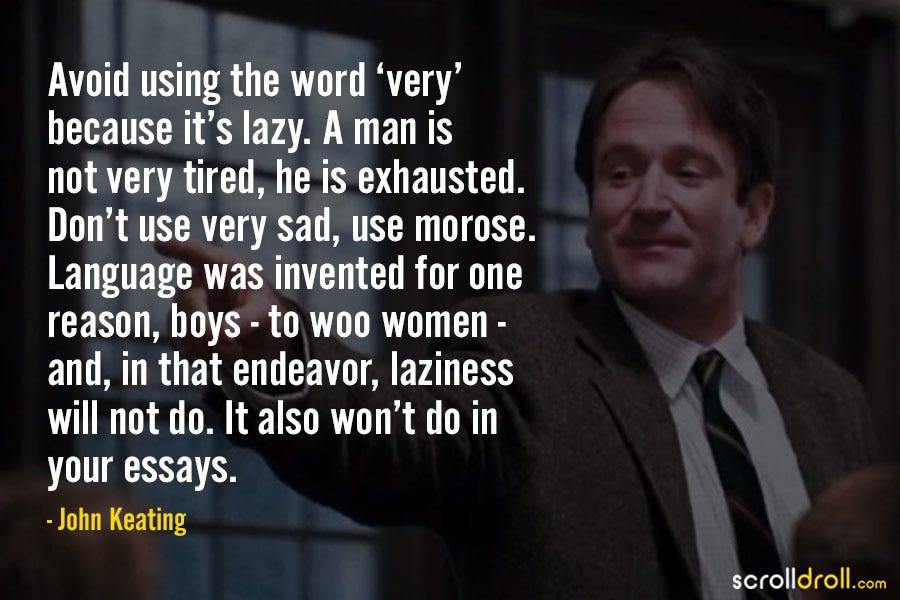The Stoic
Nostos Algos
The ability to reason, to have impressions of the world around us, and ascribe meaning to that world is what sets us apart from the animals. To live a life unexamined, without moral guideposts or an aim at virtue is an insult to your gift of humanity.
If you do not learn from a life of awareness then you are being hard-headed to your responsibility. Epictetus said to “find out too, who you are, and what constitutes your good and evil”. Awareness rises out of presence in the moment you are now, not dwelling on the past, or worrying about the future.
The Greek root of the word nostalgia comes nostos and algos; it is the returning from war and it is pain and longing. In modern times it is more a beatified image of the past that has been simmered and reduced down to its most based and sickeningly sweet version of itself. The past, where so much shame lives too, the pain of remembering is your penance. However, objectively the past isn’t its own being that acts against us. We hold on to our feelings about events and that is what sustains the past in our minds.
I fear that nostalgia distorts. Most places or memories you go back to from your youth are altered, out of proportion from your changed perspective. You no longer are on your toes, peeking over the counter.
I fear that this idea of nostalgia could have the ability to distort world history too. History records our best and hides our worst sides. The cruelty and virtue of mankind is not limited within any specified timeline. It simply exists. Every era has their errs. Recognize the delicate balance as it teeters and totters back and forth, as it always has, and always will.
Nostalgia is dangerous. Nostalgia is a cheap ambuscade for dwelling in sweet memories, ready to attack with reality. It is a warm fire, sure, but you must not let it outgrow the hearth, and it will, left unchecked. It is best to keep an honest account. Be amiable with your memories, at a disinterested distance. Be kind enough, with grace, to at least be amicable with your former self.
Nichiren Buddhism
The late jazz saxophonist Wayne Shorter was a Nichiren Buddhist. In this branch there is a focus on the practical participation with one’s philosophy. One must do acts of good to be good, the mindset must match.
The Three Great Secret Laws of teaching can provide insight to the Stoic too, below I butcher a synthesis and how I see its application:
Personification-
Reverence to the philosophy of your choosing to the point of recognition of the abstract tenants that make it, over the reliance of the direct dogmatic practices. Or, the ability to find the universal truths.
Place-
Not limited to locations, but instances and opportunities to practice. The ability to find a place to meditate. An action that puts awareness at the forefront. In other words, the shake up to the mindless execution of the day; a way to ground yourself.
Embodiment-
Living and practicing as a continuing development towards excellence. Recognizing that it must be met with enthusiasm and effort, but never expectations.
The Younger is the Villain
No one is ever unhappy because of someone else
-Epictetus, Discourses, BookI Ch9 pg28
Can you see that you are your younger and older self? It is up to you decides who wins out, your naivety? Your instinct is to fly from the present moment. Can you be more than your own biology? Our brains are a fickle little thing, as it acts so readily in our lowest deceptions.
The good or bad of your past comes down to judgement, both are capable of benefit or detriment. The key is to avoid becoming encumbered, shackled between your ears. Either side becomes an issue if stops forward movement, halters momentum.
The younger becomes the villain if that previous self holds you back from acting. Do your best to not be caught in excuses. Do not limit your pursuit of greatness because you’ve made it this far despite your worst circumstances. Do not rest on laurels either thinking that you’ve made it. You’ll find yourself quickly on the backslide.
You are the older now. If you haven’t become wiser, you at least have the ability to get there compared to your younger self.
The Poetic
A Plenum of Platitudes
Aphorisms, proverbs and adages too, other shorthand expressions are inherently unpoetic and encumbering your speech with them is lazy diction. Why would you want to listen to someone if you could predict what they would say? Wouldn’t you like it better if you could capture people with your words rather than let words fall out as empty drivel?
Regardless if you would define yourself as a writer or a creative (I think everyone should act creatively), you should care what words you use. The care and sincerity will shine through if you learn how to better communicate it.
My issue in speech has always been getting ahead of myself and saying too much. An important lesson is to understand that the second you take to gather your thoughts is never as long as you think it is. Saying what you truly mean counts twice.
In poetry I think to Robin Williams in Dead Poets Society (I know it was a book first). Care about what you read, write, and say.






